This article was co-authored by Laura Marusinec, MD. Dr. Marusinec is a board certified Pediatrician at the Children's Hospital of Wisconsin, where she is on the Clinical Practice Council. She received her M.D. from the Medical College of Wisconsin School of Medicine in 1995 and completed her residency at the Medical College of Wisconsin in Pediatrics in 1998. She is a member of the American Medical Writers Association and the Society for Pediatric Urgent Care.
There are 8 references cited in this article, which can be found at the bottom of the page.
This article has been viewed 46,056 times.
Prader-Willi Syndrome (PWS) is a genetic disorder that is diagnosed during a child’s early life. It affects the development of many parts of the body, causes behavior problems, and oftentimes leads to obesity. PWS is diagnosed through clinical symptoms and genetic tests. Learn how to tell if your child has PWS so you can get your child the treatment they need.
Steps
Identifying Major Criteria Symptoms
-
1Look for weak muscles. One major symptom of Prader-Willi Syndrome is weak muscles and lack of muscle tone. The weak muscles are usually most noticeable in the torso area. The child may also appear to have floppy limbs or a floppy body. The baby may also have a weak or soft cry.[1]
- This is usually apparent at birth or right after birth. The floppiness or weakened muscles may get better or go away after a few months.
-
2Check for feeding problems. Another common problem for children with PWS is feeding difficulties. The child may not be able to suck properly, so they will need assistance to feed. Because of the difficulties feeding, the child has slow growth development or a failure to grow.[2]
- You may have to employ the use of feeding tubes or purchase special nipples to help the child suck properly.
- This generally causes a difficulty for the infant to thrive.
- These sucking problems may improve after a few months.
Advertisement -
3Monitor for rapid weight gain. As the child ages, they may experience rapid and excessive weight gain. This is generally due to problems with the pituitary gland and hormonal issues. The child may overeat, be hungry all the time, or have a food obsession, which adds to the weight gain.[3]
- This generally occurs between ages one and six.
- The child may end up classified as obese.
-
4Check for facial abnormalities. Another symptom of PWS is abnormal facial features. This includes almond shaped eyes, thin upper lips, narrowing at the temples, and a down turning of the mouth. The child may also have an upturned nose.[4]
-
5Look for delayed development of genitalia. Another developmental symptom of PWS is delayed development of the sexual organs. Often children with PWS have hypogonadism, which means they have underactive testicles or ovaries. This causes a reduced development of their genitalia.[5]
- In females, they may have abnormally small vaginal lips and clitoris. In males, they may have a small scrotum or penis.
- They may have delayed or incomplete puberty.
- This also can lead to infertility.
-
6Monitor for developmental delays. Children with PWS may display the signs of developmental delays. This may present as a minor or moderate intellectual disability, or the child may have learning disabilities. They may not do common physical developmental tasks until much later, such as sitting or walking.[6]
- The child may test at an IQ of 50 to 70.
- Children may have difficulties with speech development.
Recognizing Minor Criteria Symptoms
-
1Check for decreased movement. Reduced movement is a minor symptom of PWS. This may occur during pregnancy. The fetus may not have moved or kicked in the womb as much as normal. After the baby is born, he or she may display a lack of energy or extreme lethargy, which may be associated with a weak cry.[7]
-
2Watch for sleep problems. If a child has PWS, they may have problems sleeping. They may be extremely sleepy during the day. They also may not sleep through the entire night, but experience disruptions while sleeping.[8]
- The child may have sleep apnea.
-
3Monitor behavior problems. Children with Prader-Willi Syndrome may exhibit an array of behavior problems. They may throw excessive temper tantrums or be more stubborn than other kids. They may engage in lying or stealing, which is often related to food.[9]
- The children may also show symptoms associated with obsessive-compulsive disorder, and even engage in actions like skin picking.[10]
-
4Look for minor physical symptoms. There are a few physical symptoms that are minor criteria which help doctors diagnose PWS. Children with unusually fair, light, or pale hair, skin, or eyes are at a greater risk. Children may have crossed eyes or near-sightedness.[11]
- The child may also show physical abnormalities, such as small or narrowed hands and feet. They also may be unusually short for their age.[12]
- Children may have unusually thick or sticky saliva.
-
5Check for other symptoms. Other less common symptoms may present in children with Prader-Willi Syndrome. This includes the inability to vomit and a high threshold for pain. They may have problems with their bones, such as scoliosis (a curvature of the spine) or osteoporosis (brittle bones).[13]
- They may also have an early puberty because of abnormal activity in the adrenal glands.
Seeking Medical Help
-
1Know when to seek medical help. Doctors use the major and minor criteria to determine if Prader-Willi Syndrome is a possible condition for your child. Looking for these symptoms can help you determine if your child should be tested or examined by a doctor.[14]
- For children two and under, a total of five points is needed to be tested. Three to four points must be from the major criteria symptoms, with the others coming from the minor symptoms.
- Children three and over must score at least eight points. Four to five points need to be from the major symptoms.
-
2Take your child to the doctor. One good way to get your child diagnosed for Prader-Willi Syndrome early is to take them to their scheduled check ups after they are born. The doctor can track their development and start to notice any problems.[15] During any of the visits during your child’s early years, the doctor may use the symptoms noticed during the exam to diagnose PWS.[16]
- In these appointments, the doctor checks the child’s growth, weight, muscle tone and movement, genitals, and head circumference. The doctor also routinely monitors the child's development.
- You should tell the doctor if your child has problems eating or sucking, if there are problems sleeping, or if they seem like they have less energy than they should.
- If your child is older, tell your doctor about any food obsessions or habits of overeating you notice in your child.
-
3Get genetic testing. If the doctor suspects PWS, they will perform a genetic blood test. This blood test will confirm that your child has PWS. The test will look for abnormalities on chromosome 15. If there is a history of PWS in your family, you can also get prenatal testing to check your baby for PWS.[17]
- The genetic test can also help you figure out if you may have other children with the same condition.[18]
References
- ↑ https://www.pwsausa.org/what-is-prader-willi-syndrome/
- ↑ https://www.nichd.nih.gov/health/topics/prader-willi/conditioninfo/pages/diagnose.aspx
- ↑ https://www.nichd.nih.gov/health/topics/prader-willi/conditioninfo/pages/diagnose.aspx
- ↑ https://www.medicalhomeportal.org/diagnoses-and-conditions/prader-willi-syndrome
- ↑ https://www.pwsausa.org/what-is-prader-willi-syndrome/
- ↑ https://www.pwsausa.org/what-is-prader-willi-syndrome/
- ↑ http://www.nhs.uk/Conditions/prader-willi-syndrome/Pages/Diagnosis.aspx
- ↑ https://www.nichd.nih.gov/health/topics/prader-willi/conditioninfo/pages/diagnose.aspx
- ↑ https://medlineplus.gov/genetics/condition/prader-willi-syndrome/
- ↑ http://www.nhs.uk/Conditions/prader-willi-syndrome/Pages/Diagnosis.aspx
- ↑ https://www.pwsausa.org/what-is-prader-willi-syndrome/
- ↑ https://www.medicalhomeportal.org/diagnoses-and-conditions/prader-willi-syndrome
- ↑ https://www.nichd.nih.gov/health/topics/prader-willi/conditioninfo/pages/diagnose.aspx
- ↑ http://www.nhs.uk/Conditions/prader-willi-syndrome/Pages/Diagnosis.aspx
- ↑ http://www.mayoclinic.org/diseases-conditions/prader-willi-syndrome/basics/preparing-for-your-appointment/con-20028982
- ↑ https://www.fpwr.org/prader-willi-syndrome-diagnosis-treatments/
- ↑ https://rarediseases.org/rare-diseases/prader-willi-syndrome/
- ↑ http://www.nhs.uk/Conditions/prader-willi-syndrome/Pages/Diagnosis.aspx
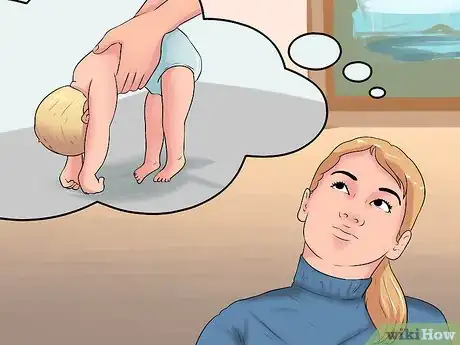

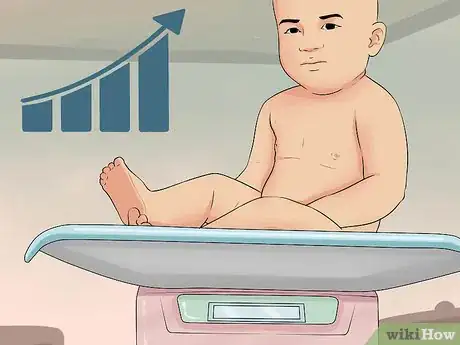
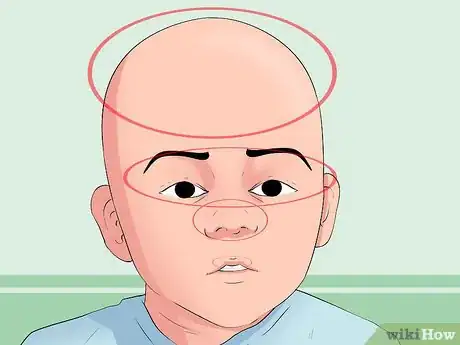
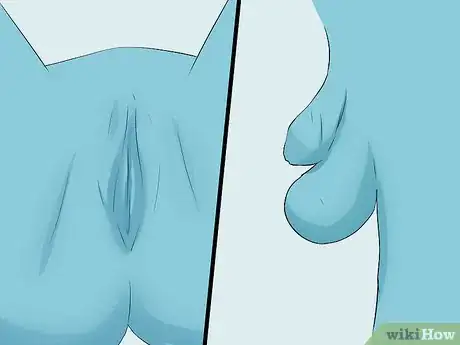
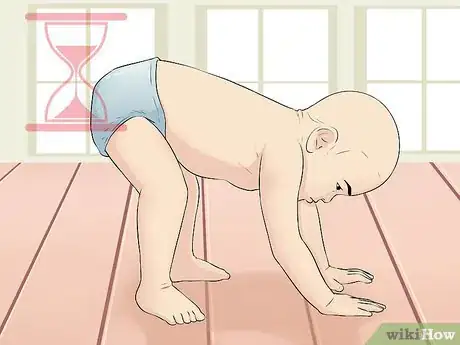
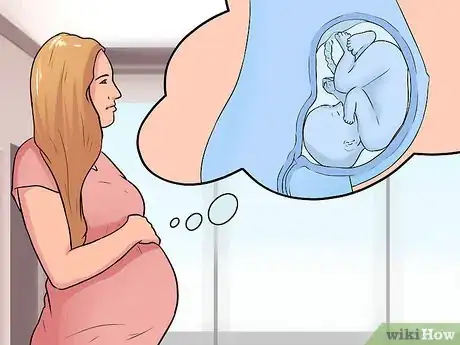
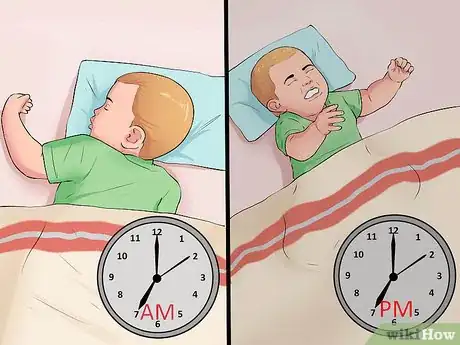

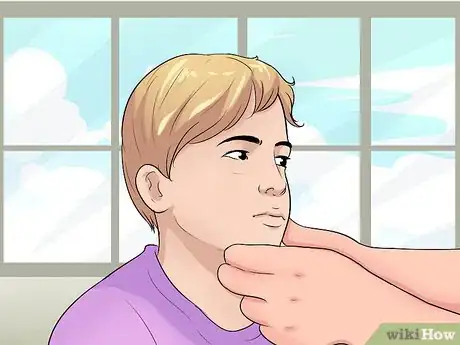
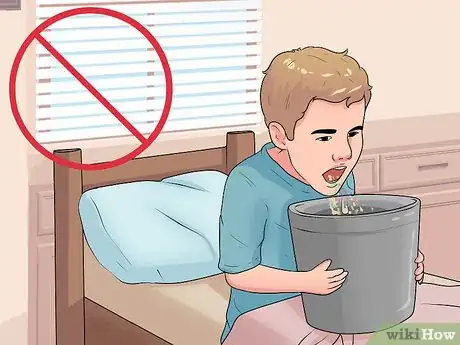

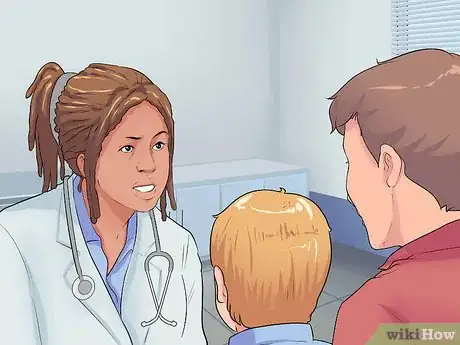
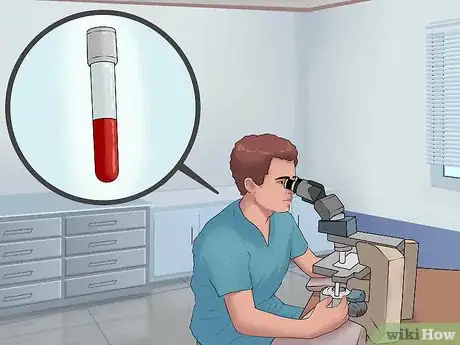
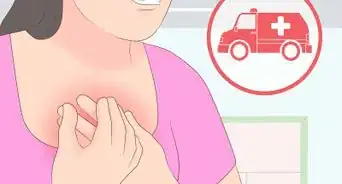
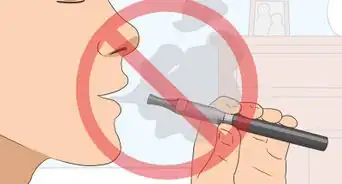


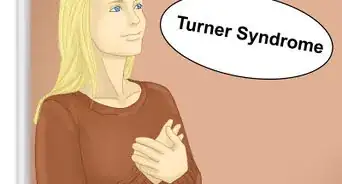








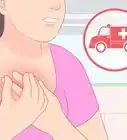
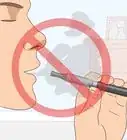
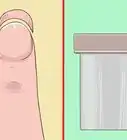




































Medical Disclaimer
The content of this article is not intended to be a substitute for professional medical advice, examination, diagnosis, or treatment. You should always contact your doctor or other qualified healthcare professional before starting, changing, or stopping any kind of health treatment.
Read More...